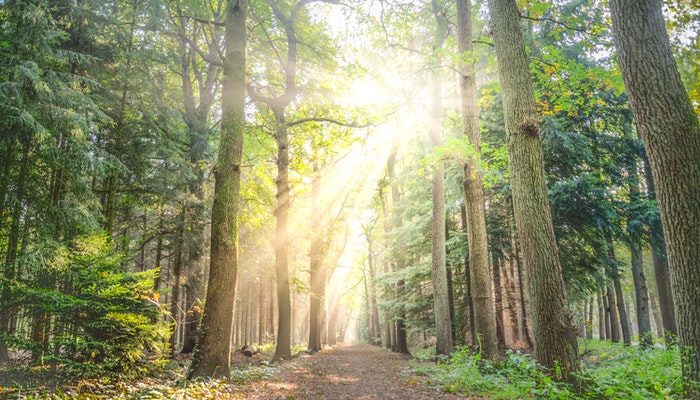Science & Environment
Exodus Travels team up with Rewilding Europe to launch the Nature & Carbon Corridors project

According to research by NASA, the planet’s average surface temperature has risen by 1.18 degrees Celsius as a result of human activities. As a result, climate change is a very real threat to wildlife and their habitats across Europe.
On a mission to change this are Exodus Travel and Rewilding Europe.
Rewilding Europe, as the name suggests, are on a mission to make Europe a wilder place. Rather than destroying the wilderness that Europe has to offer, Rewilding is on a mission to breathe life back into Europe through encouraging more space for wild nature, wildlife and natural processes. Rewilding wants to create large, rewilded landscapes in 10 regions across Europe.
Aiming for a future where people and nature flourish, it’s their mission to help make Europe wild again.
And they aren’t alone. Joining them on their quest to promote wilderness in Europe are Exodus Travel. Founded 45 years ago, Exodus have been taking nature lovers to some of the worlds most beautiful hotspots. From taking a small group of backpackers up the Himalayas many years ago, Exodus Travel have now expanded to offer more than 500 itineraries across more than 90 countries. From cycling holidays, to treks through deserts, jungles or otherwise, Exodus are focused on ensuring tourism is as responsible as possible without damaging the environment or disrupting local communities.
Why is rewilding important in the fight against climate change?
You may have heard the term ‘rewilding’ floated about, but what exactly is it? Broadly speaking it’s a progressive approach to conservation.
It’s no secret that over the last century, humans have almost singlehandedly damaged the planet. From deforestation, to carbon dioxide emissions, to plastic pollution – nature is suffering.
Rewilding is a process by which nature is given a chance to take care of itself, enabling natural processes to shape land and sea, repair damaged ecosystems and restore degraded landscapes. Rewilding therefore gives nature a subtle helping hand in repairing itself. From removing dykes and dams to free up rivers, to encouraging wildlife populations to thrive, rewilding helps restore lost species and gives them a place to thrive once again.
Some benefits of rewilding also include:
- The facilitation of trophic cascades – This takes place when animals at the top of the food chain change their prey. For example, should the predators become extinct, this can vastly change the eco-system, and not for the better. By rewilding certain areas, the food chains can be restored.
- Prevention of natural disasters – Often forgotten about, rewilding actually helps prevent natural disasters. For example, trees draw water from the ground to their roots. If forests have been destroyed, this means more surface water gathers, leading to an increased risk of flooding.
- Enhanced tourism – As demonstrated with responsible travel companies such as Exodus, another benefit of rewilding is sustainable tourism. With so much nature to experience, tourism industries boom, benefitting both local businesses and those who get to experience first-hand all that nature has to offer.
What is the aim of the Nature and Carbon Corridors Project?
Joining forces to save the planet are Exodus Travel and Rewilding Europe. As part of their mission to increase biodiversity, the Nature and Carbon Corridors Project was born.
This project aims to rewild 5,000 hectares of the Italian Apennines over the course of 5 years, promoting recovery of regional biodiversity. The initiative aims to create five nature corridors which will adjoin to the existing National Parks. The idea being that these safe ‘buffer zones’ will allow wildlife to safely cross into different National Park areas. The result? Increased biodiversity in each place.
This helping hand will then enable the endangered Marsician bear population, as well as the recovery and reintroduction of wolves, wild cats and many other species.
Once rewilded, the land in the Italian Apennines will also provide an effective carbon sink, capturing an estimated 85,000 tonnes of carbon over 5 years.
The bottom line
Although more than one million species are at risk of extinction due to climate change, the good news is that there are organisations out there doing their bit to help nature. From introducing rewilding projects across Europe, to teaching people how to enjoy nature sustainably, we look forward to what the future holds for nature within Europe.






















































